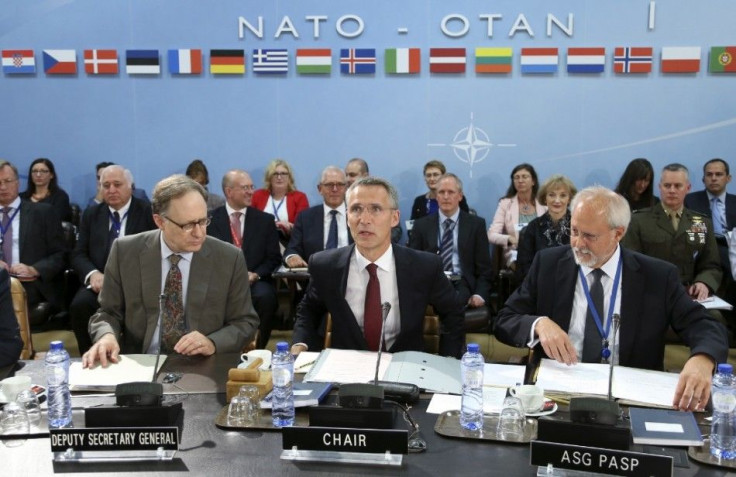NATO, Russia Already At Brink Of War – Report

Global nations have been urged to prepare or at least try to put some sense into both NATO and Russia as a report published on Monday suggest it will just be a matter of time before continued provocations escalate into a potential war.
A report by the London-based thinktank titled 'Dangerous Brinkmanship by the European Leadership Network' revealed there have been at least 40 dangerous or sensitive incidents that occurred in just the past eight months alone between Russia and NATO countries, as well as their partners in Sweden and Finland, that almost triggered military hostilities between both.
The 40 incidents were described as "unusual" because the incidents showed violations of national airspace, emergency air-defense scrambles, narrowly avoided mid-air collisions, close encounters at sea, simulated attack runs and other dangerous actions on a regular basis over a wide area. It's a "highly disturbing picture," the report said.
The report described 11 serious incidents of a more aggressive or unusually provocative nature, "bringing a higher level risk of escalation." Such incidents reportedly involved a harassment of reconnaissance planes, close over-flights over warships and Russian "mock bombing raid" missions. There were also dangerous incidents where Russian planes did not turn on its transponders. Transponders emit signals to other aircraft telling them of the other's presence. It wasn't stated if the Russians purposely turned off their transponders or not.
Thomas Frear, Lukasz Kulesa and Ian Kearns, the report's authors, said they believed the 40 incidents occurred because Russia is playing a "dangerous game of brinkmanship." However, such display of flare has the strong "potential for unintended escalation in what is now the most serious security crisis in Europe since the cold war." In October alone, NATO disclosed it had intercepted over 100 Russian aircraft, which it said had been three times over compared in 2013.
"The increased number and gravity of incidents described points to a disturbing dynamic," the report said. "The mix of beefed-up military postures along the NATO-Russia border, more aggressive Russian activities and the readiness of western forces to show resolve in the face of the challenge is ripe with potential for escalation."
Des Browne, former UK Defence Secretary, had earlier told Sky News he believed Russia is doing his arsenal display to test the cooperation and readiness of the NATO-member nations. He said Russia should be reminded that the costs and risks associated with war will be incurred by all parties involved.
"History has shown that, quite often, serious conflicts escalating into wars start off with relatively small incidents which grow very quickly," he said.





















